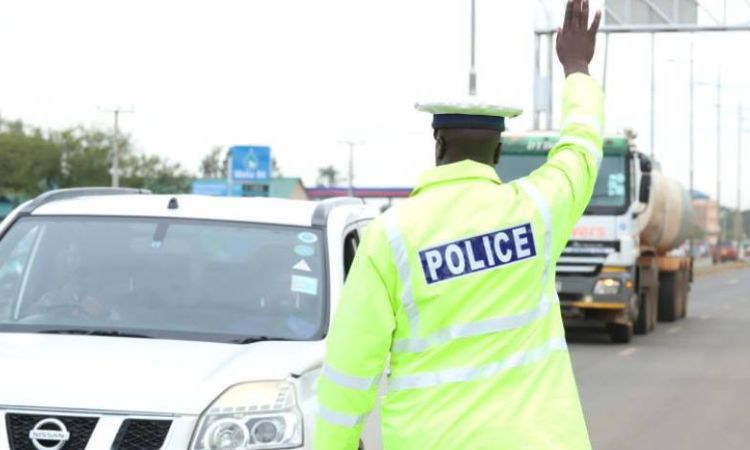By Tobias Ogutu
The number of road accidents in Kenya is alarming. Currently, it is impossible to watch Kenyan news without coming across a road accident report. Many lives are lost on our roads, and the question remains: what could be the reason for this? One outstanding cause of road accidents in Kenya is the state of the vehicles. Many unworthy vehicles operate on Kenyan roads. This is why you will hear a survivor driver claiming that the brakes failed, so they had to get off the road to avoid losing many lives. However, the question is, why can’t these road-unworthy vehicles be disallowed from operating? The reply to the question is that Kenya deployed blind traffic officers to manage the roads.
Bribery has turned most traffic police in Kenya blind, to the extent that money is more important to them than saving lives. The traffic police’s main role is to ensure safety on the roads by ensuring that all road users observe traffic rules. Allowing a road unworthy passenger service vehicle (PSV) to transport people is a disrespect to the badge and against the oath that traffic police officers take when joining the service. However, to these “blind guards,” integrity is not a virtue they think is important to possess.
Kenyan traffic police are selfish; they are not content with their salaries, and that is why they opt for bribery from owners of road-unworthy vehicles, which claim innocent lives daily. James Odhiambo, a “Flexis” PSV driver who serves the Kisumu-Migori route, confessed that they normally give traffic police officers one hundred shillings at every road block so that they avoid inspection, which will delay their time. According to Odhiambo, there are 15 roadblocks from Kisumu to Migori, so every day they give one thousand five hundred shillings to the traffic police. Therefore, lives are being lost on our roads for less than two thousand shillings.
The sad thing is that the exchange of lives and money that takes place on Kenyan roads is known even to the seniors in the police traffic department. A former police officer, who preferred to remain anonymous, confessed, “For the money we collect each day, there is some portion that goes to our seniors; it’s like we are given a target to meet. That’s why sometimes you will find traffic police rough on the roads, this is before they meet the target.” This clearly shows that passengers are on their own, and no one can end this bribery of traffic officers, implying that unworthy vehicles will continue to operate on our roads, and lives will still be lost.
Therefore, it is a wake-up call for the Ethics and Anti-Corruption Commission (EACC) to save lives lost on the roads by arresting corrupt traffic officers and their bosses. Blind guards are responsible for many lives lost in road accidents, and if nothing is done, the situation will worsen.






